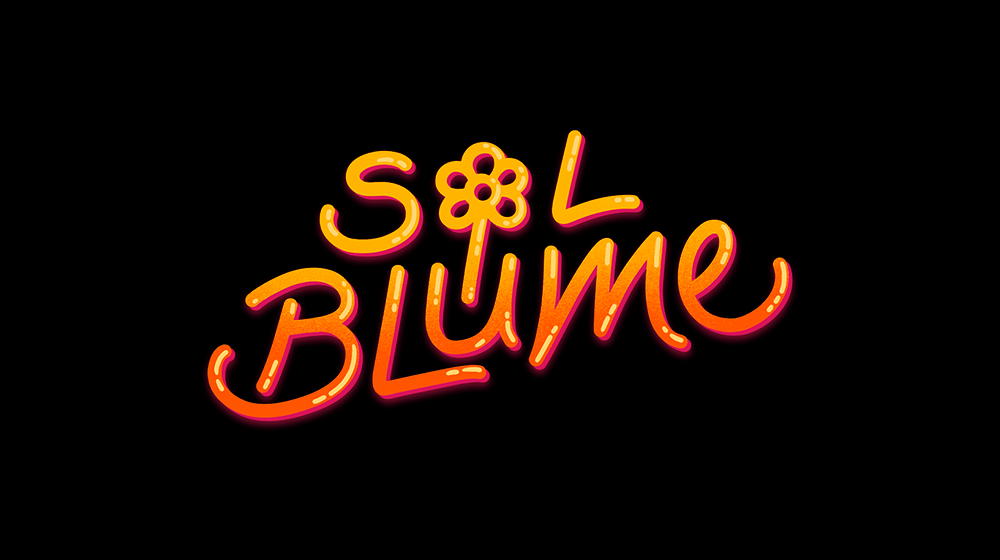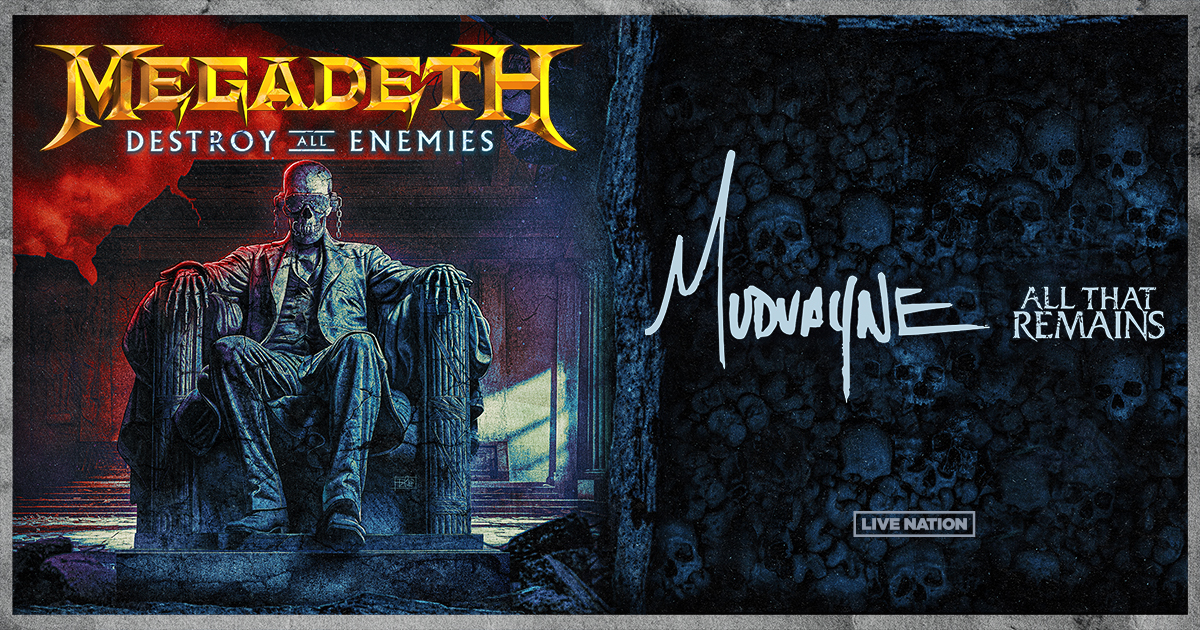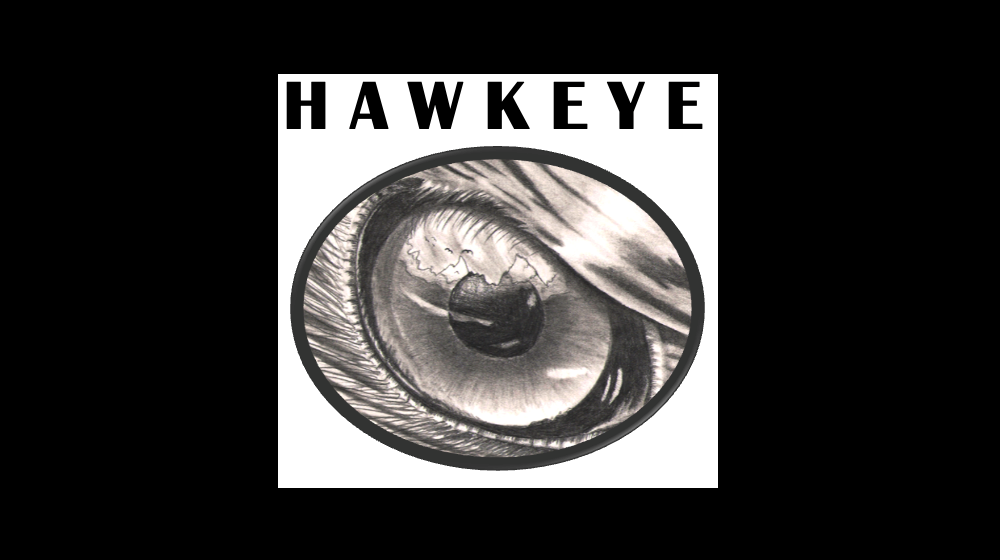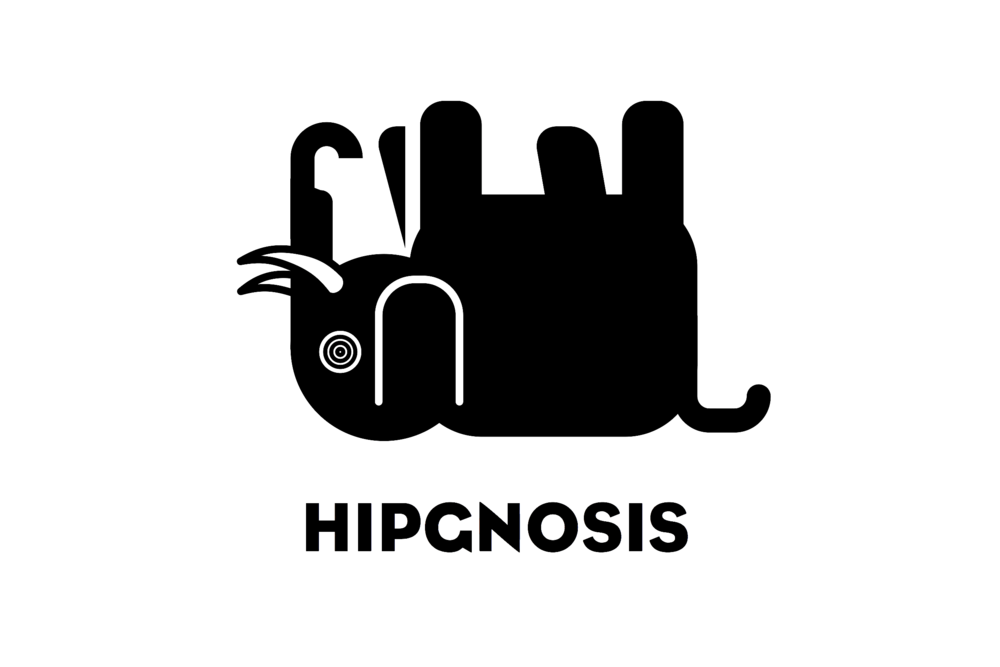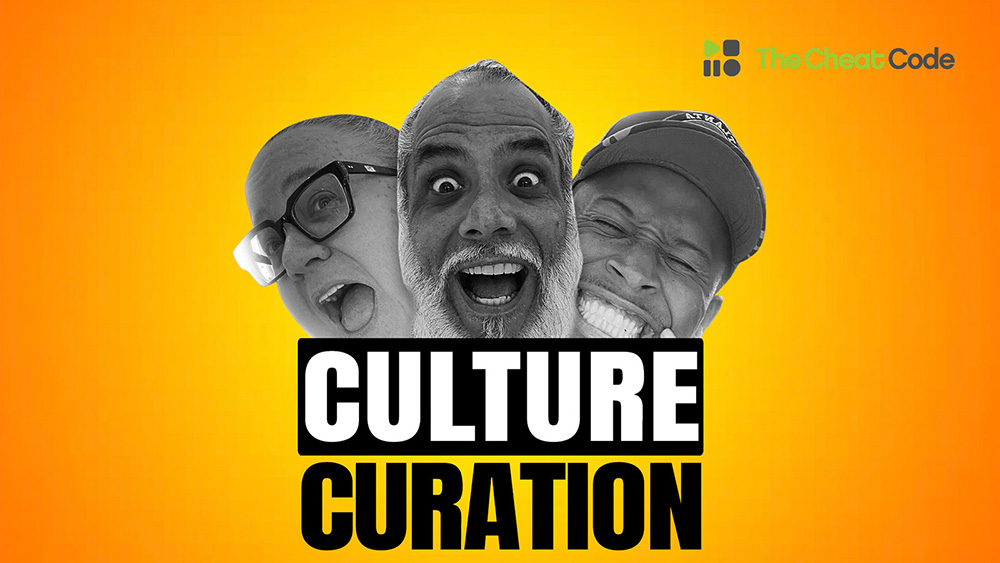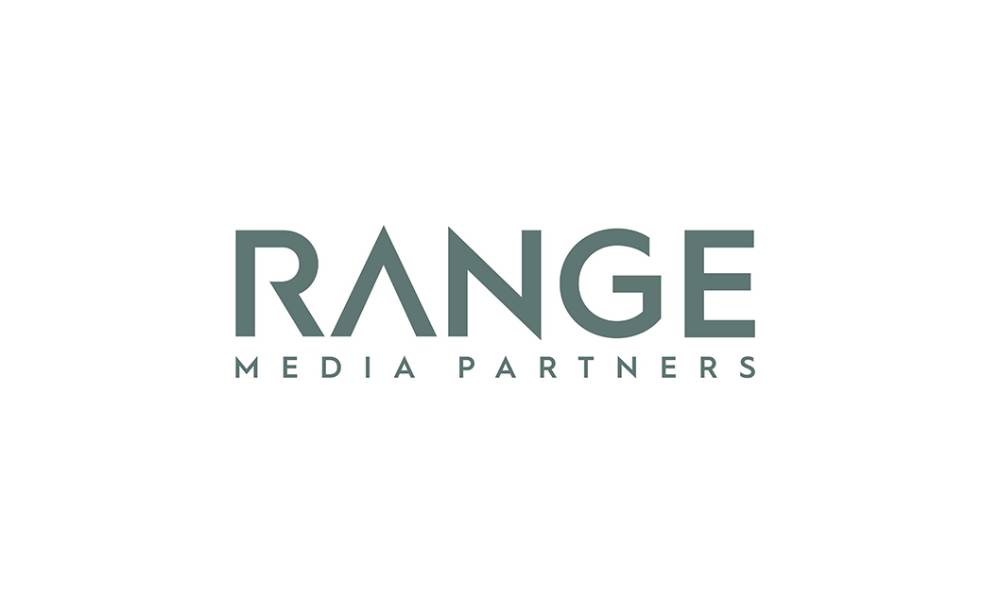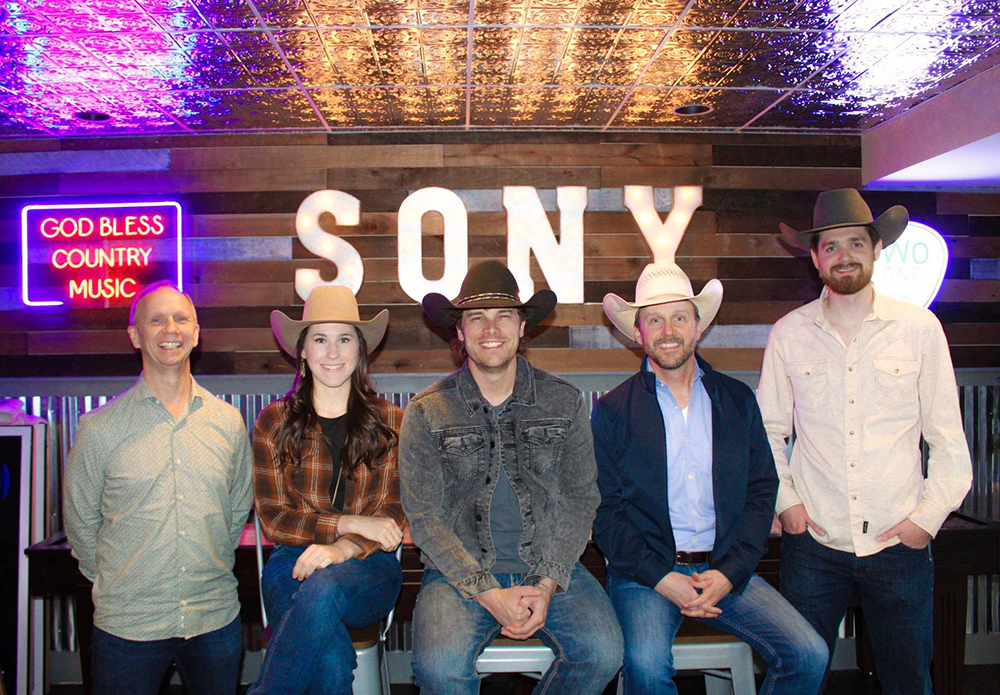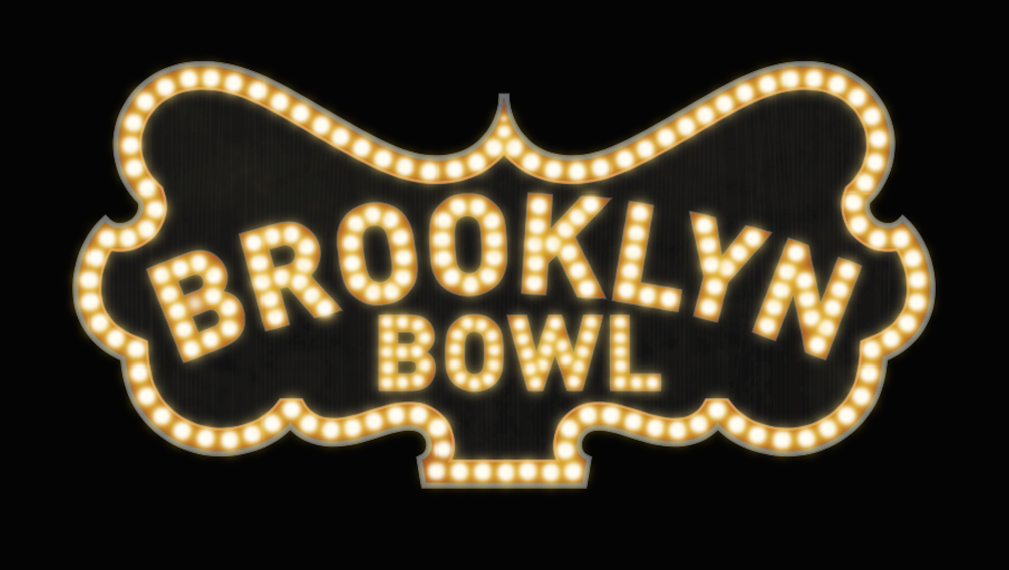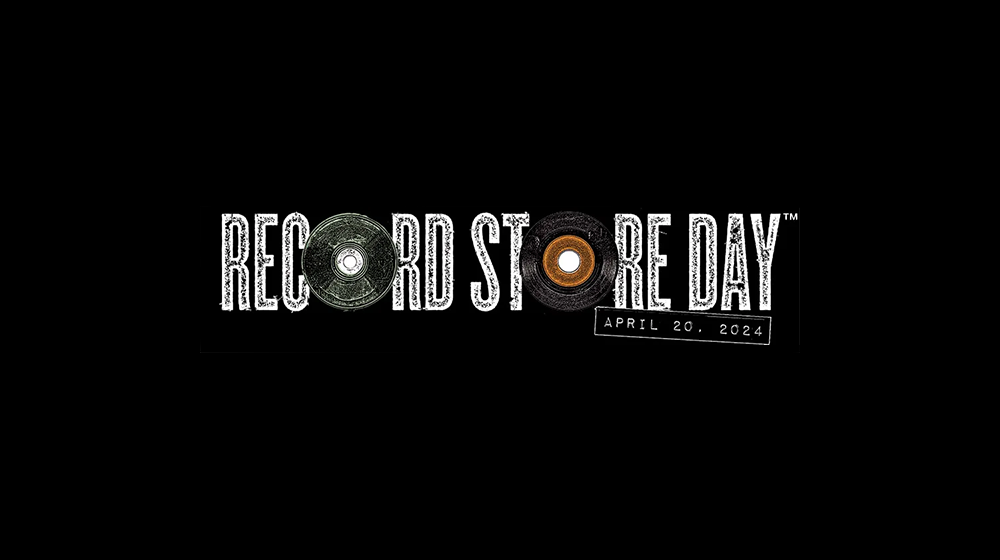
It sounds bad, it comes without artwork and you can't even buy it in a store. Who would want an MP3?
In this week's "New Yorker", there's a fascinating story on Clayton Christensen, author of the revered "Innovator's Dilemma", which posits great companies run by great leaders satiating their customers' desires are inches away from obsolescence. Kind of like the CD. Did you know the new MacBook Pros are gonna come without them? There's no need for a CD drive when you can download all your software online. But, you point out MP3s sound like crap…
And that's just the point. The disruptive technology is usually worse than what it ultimately replaces. It may never get better, it sometimes doesn't have to. But oftentimes, it does. And it puts the big companies out of business.
Look at the major labels. They were selling a perfect medium. But consumers thought CDs were overpriced, that's why they shifted to the inferior MP3. Which even had the advantage of being free. And it turns out many of those who do pay prefer the file over the disc. Internet delivery will rule, it's just a matter of when discs die.
And it's just a matter of when the major labels die. Or are marginalized, since they own so much intellectual property.
You see the majors are missing the point. Yes, all those hobbyists creating music in GarageBand and home Pro Tools rigs are not as good as the major label artists.
Once upon a time, major labels were full-service operations. They sold everything from pop to classical. There was no genre they did not compete in. But over time, they've been reducing not only the number of genres they operate in, but the number of acts they sign and promote. They only see this as good business, they're going where the money is. Yes, the money is in slickly recorded, highly promoted Top Forty music. They don't want almost anything else. And everything else has barely sold. You see the major labels have moved upmarket.

Kind of like the steel mills. They were full-service operations. Everything from rebar to sheet steel. Rebar was a low margin product, so when mini-mills came in and filled that need by recycling scrap, the big steel companies ceded the market. Why work with such thin margins in such a limited field?
But over time, the mini-mills learned how to cheaply produce sheet steel. And all the major companies went out of business, each and every one of them.
That's the example Clayton Christensen uses. That's what's happening in the music business.
Right now, the hobbyists are operating in a low margin, limited upside business. But home recording keeps improving. And now we even have acts that make some noise without a label. But it's still the sideshow. But soon it will become the main show.
Yes, the underside of the market is getting so good, that it's moving up. You can distribute via Tunecore and iTunes/Spotify. After making the recording with the money you raised on Kickstarter. Radio and TV mean less than ever before. And despite ignoring Rebecca Black, radio will go on the next Internet sensation… Hell, isn't that the story of Gotye? Mainstream outlets could not deny the online buzz. This will happen again.
Those running the major labels are not dumb. And they tend to be very experienced. But they're blind to what's happening at the bottom of the market. Just think about it, what does Doug Morris know about the Internet? Famously, he said very little.
Just like the MP3 replaced the CD, new companies will replace the majors. As for the longevity of these companies…streaming is going to replace files, if you're not constantly innovating and changing, you could be headed for the scrapheap. Imagine Apple's stock if it still relied on the iPod, if it didn't offer the iPhone. It would be like selling boom boxes in a mobile world.

And speaking of boom boxes… In the seventies, owning a great stereo was a badge of honor. People spent thousands, companies burgeoned. And then the all-in-one appeared. A lousy product at a cheap price. But then the product improved, it got good enough, and the all-in-one killed the stereo companies.
If you're complaining everything new sucks, you're missing the point. It DOES suck. But it keeps improving. Sure, you're inundated with the GarageBand work of prepubescents who think their stuff is great, but more and more there are twentysomethings who've spent nearly a decade learning how to play and record, and their stuff is good. But it's not Top Forty friendly. But you no longer have to be on radio to get exposed…
You don't fail because you're doing a bad job. Most companies fail because they refuse to see the disruptive technologies, the ones that are crummy first and then get so good.
Remember when you didn't want an answering machine with a chip, because the sound was bad and capacity was low?
Well, now you can't find an answering machine with tape.
Then again, few people use answering machines. They use voice mail. Oftentimes on their mobile phones.
And remember when mobile phones were cumbersome and had lousy functionality? Now they're tiny and you oftentimes can't tell if someone is calling from a landline or a mobile.
The disruptive technology is at first pooh-poohed, it's crummy. But as it gets better, it gains audience, and then it becomes the mainstream.
The only hope for the major labels is to move downmarket.
But they're doing just the opposite.
It will doom them.
"When Giants Fail, What business has learned from Clayton Christensen: http://nyr.kr/L6BXJS





















